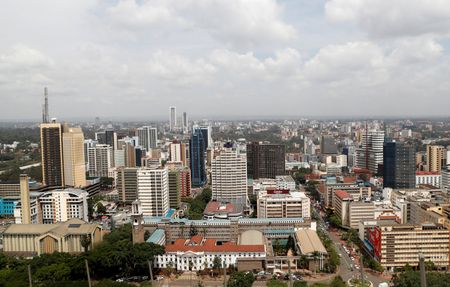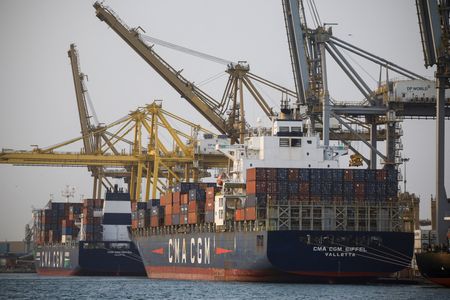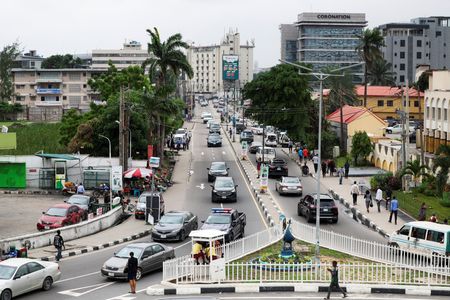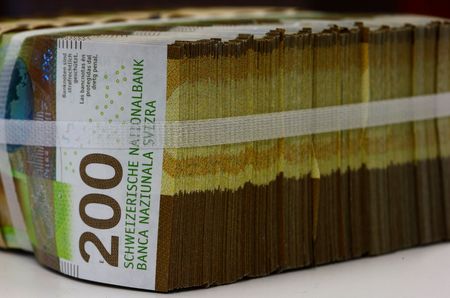NAIROBI (Reuters) -Kenya’s private sector growth accelerated to a 27-month high in April, driven by robust sales volumes and solid business activity, according to the Stanbic Bank Kenya Purchasing Managers’ Index (PMI) released on Tuesday.
The PMI rose to 52.0 in April, up from 51.7 in March, marking its highest level since January 2023. A reading above 50.0 indicates growth in business activity, while below 50.0 signals contraction.
Strengthening customer demand led to the fastest rise in new orders since February 2022, prompting businesses to expand output and increase purchasing activities.
“The Kenya PMIs for April reveal a private sector expanding robustly, and at the fastest pace in over two years,” said Christopher Legilisho, Economist at Stanbic Bank.
Job creation quickened as firms sought to ease workload pressures, with employment growth reaching its strongest level in nearly a year. However, hiring was primarily focused on temporary staff.
Cost pressures picked up amid rising demand, but inflation remained modest compared to historical trends. Input costs rose to a three-month high, driven by supply shortfalls and increased taxation, yet the rate of inflation was below the long-term average.
Despite the positive momentum, business expectations remained among the weakest in the survey’s history, with only 5% of firms anticipating output growth over the next 12 months.
Legilisho noted, “Overall, the April PMI implies a steady return to growth at the start of Q2:25. Further, inflationary pressures remained muted. Despite an improvement in future expectations, sentiment remains among the weakest in the survey history.”
The PMI survey highlighted robust gains in services, agriculture, and construction sectors, contrasting with lower sales in manufacturing and wholesale & retail.
(Reporting by Reuters; Editing by Toby Chopra)











